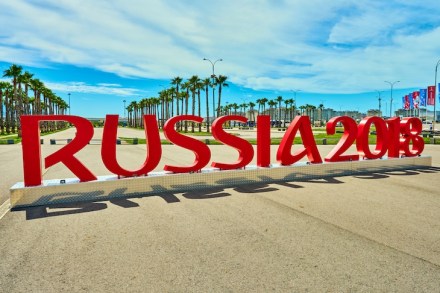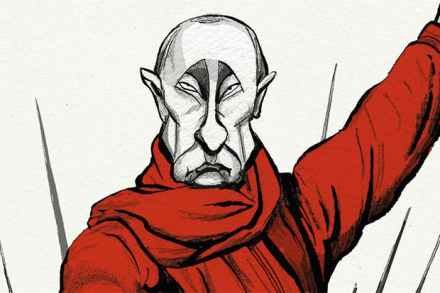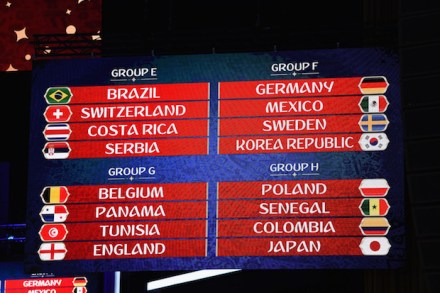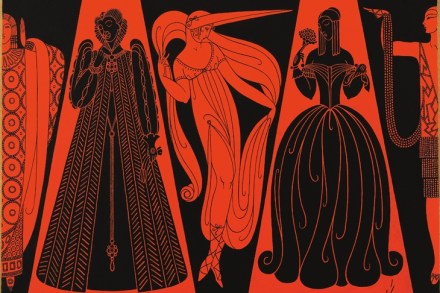Will Theresa May invoke Nato’s Article 5 on collective defence?
There was a striking use of language in Theresa May’s statement to the House of Commons on the Salisbury nerve agent attack. Pointing an accusatory finger at Moscow, the Prime Minister declared: Mr Speaker, on Wednesday we will consider in detail the response from the Russian State. Should there be no credible response, we will conclude that this action amounts to an unlawful use of force by the Russian State against the United Kingdom. And I will come back to this House and set out the full range of measures that we will take in response. This is quite something. It suggests the government is treating this as far more than a




















